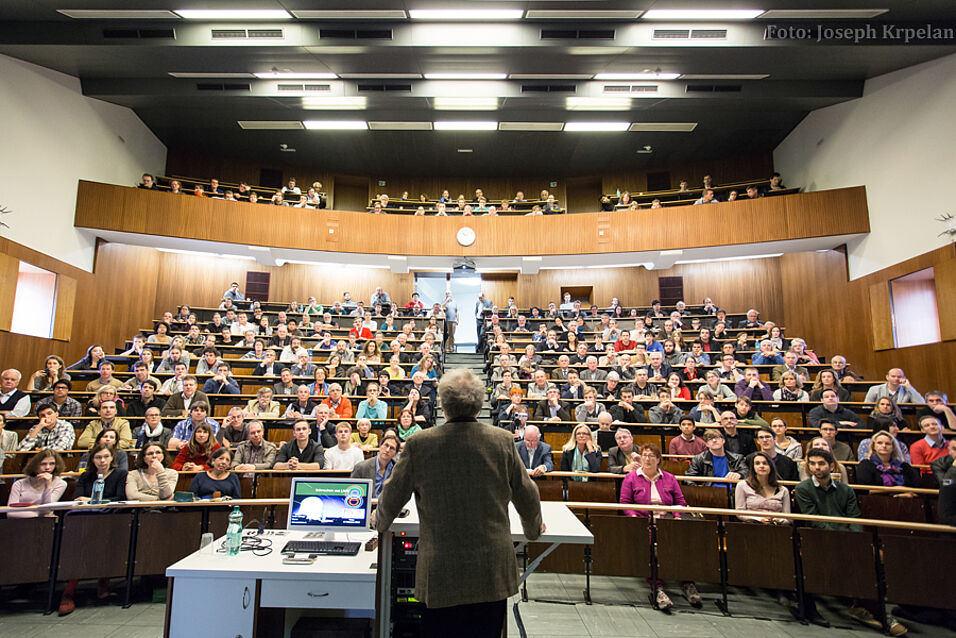The control of quantum states is essential both for fundamental investigations and for technological applications of quantum physics. In quantum few-body systems, decoherence arising from interaction with the environment hinders the realization of desired processes. In quantum many-body systems, complexity of their dynamics further makes state preparation via external manipulation highly non-trivial. An effective strategy to counter these effects is offered by quantum optimal control theory, exploiting quantum coherence to dynamically reach a desired goal with high accuracy even under limitations on resources such as time, bandwidth, and precision. In this talk I will:
-introduce the quantum optimal control method we developed to this aim, the CRAB (ChoppedRandom Basis) algorithm, which is to date the only method that allows to perform optimal controlof quantum many-body systems;
-present experimental results obtained via its application to various physical systems, fromquantum logical operations in solid-state quantum optics to quantum criticality in ultra-coldatoms, both in open-loop and in closed-loop feedback scenarios, with applications ranging fromquantum interferometry with Bose-Einstein condensates on atom chips to magnetic field sensingin diamond NV centers and to the preparation of optical-lattice quantum registers for quantumsimulation;
-use these examples to illustrate the quantum speed limit, i.e. the maximum speed achievable fora given quantum transformation, and describe related effects of nonlinearity due to inter-particleinteractions and more in general to dynamical complexity;
-propose a way to characterise the latter in an information-theoretical fashion by the bandwidthof the optimized control pulses, as well as a conjecture about using this method for discriminationbetween different levels of complexity in quantum many-body systems.
Tommaso Calarco (Germany): Quantum technologies and quantum control
Location:
Verwandte Dateien
- Vortrag_Calarco.pdf 85 KB

Foto: Joseph Krpelan
